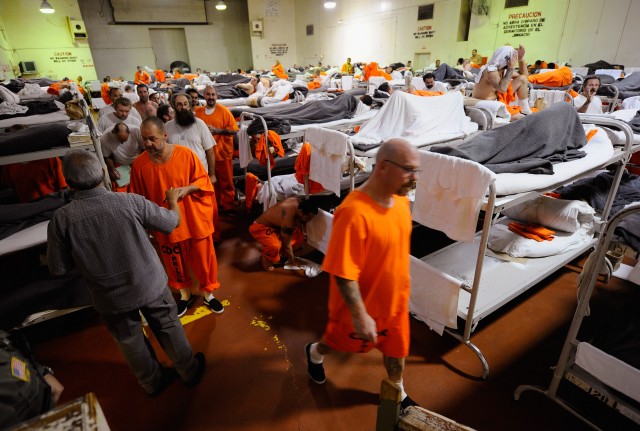
By Don Thompson
SACRAMENTO (AP) Federal judges on Monday gave California an additional month to reduce its prison population, as negotiations continue over a longer-term delay.
The judges said in a one-paragraph order, without comment, that a court-appointed mediator needs more time to seek agreement on how the state should reduce inmate crowding.
The delay could signal that the judges see some progress in talks orchestrated by state Appellate Judge Peter Siggins, based on his confidential report and recommendations to the court.
It came a week after the U.S. Supreme Court refused to hear the state's appeal of a lower court's order requiring California to reduce crowding to improve conditions for sick and mentally ill inmates.